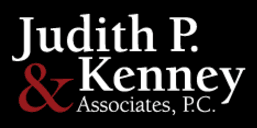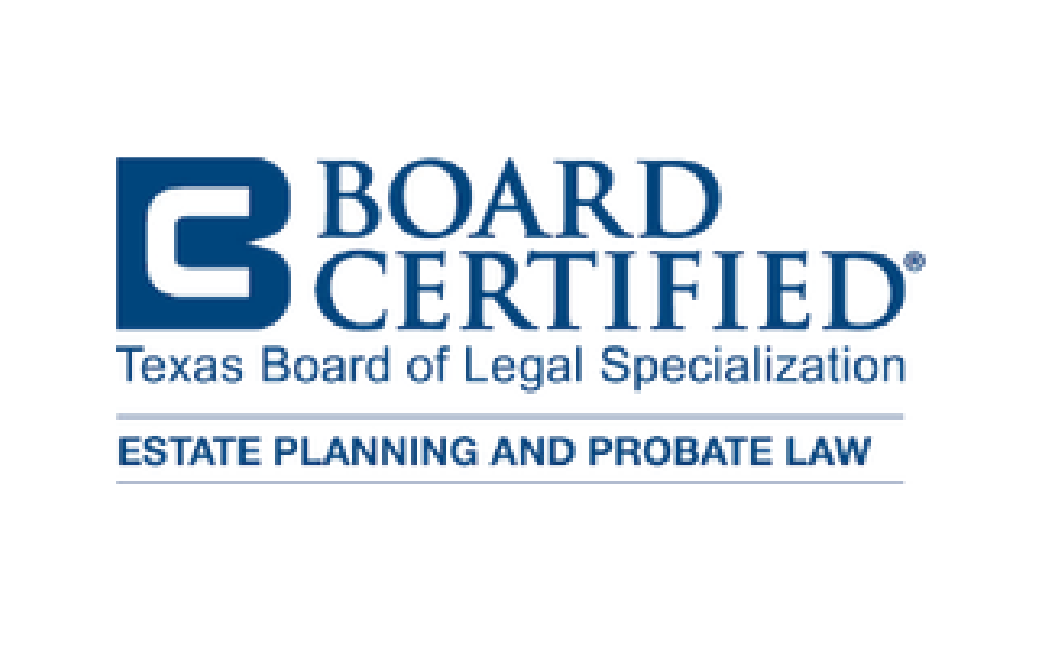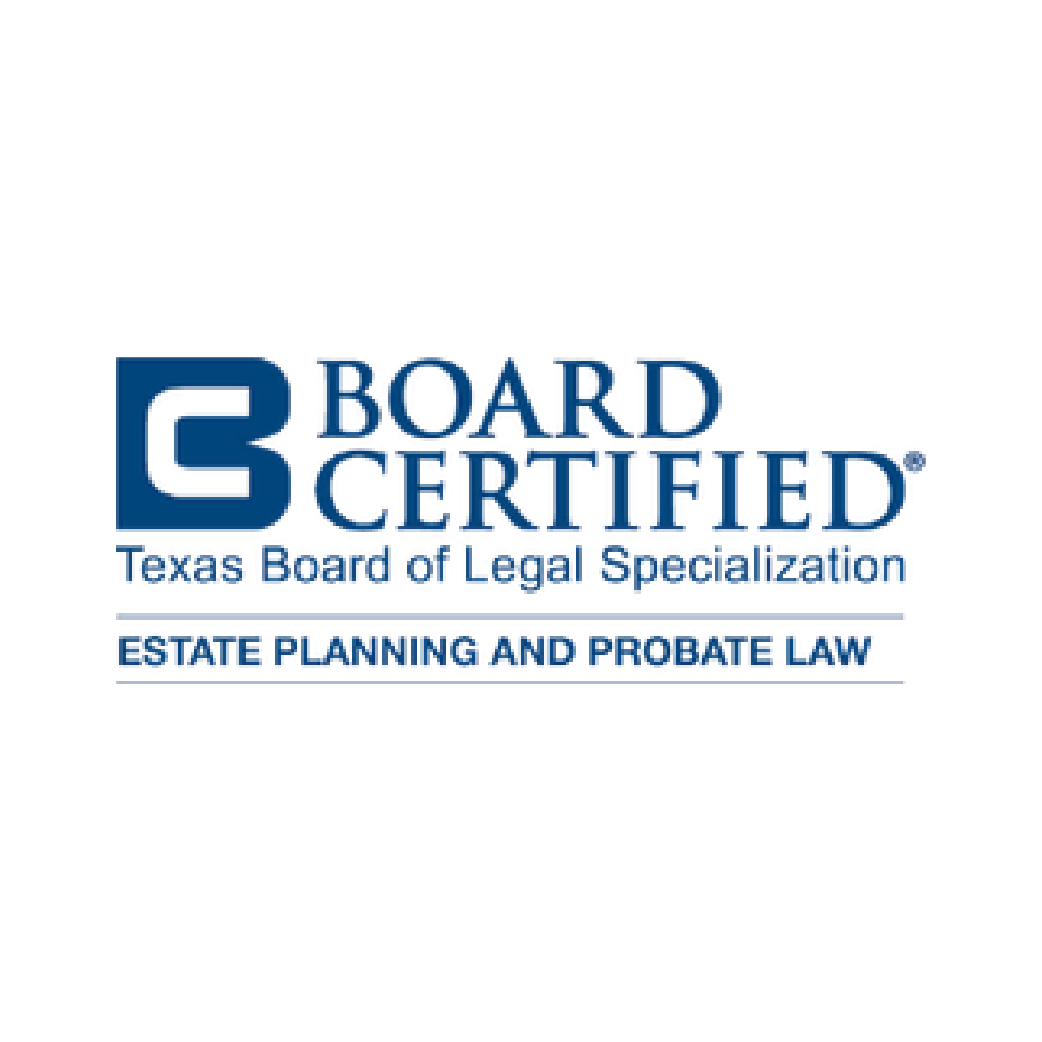Judith P. Kenney & Associates Blogs
Trust Law Explained: Key Considerations with a Top Trust Law Firm.
What is a Trust?
A trust is a legal arrangement in which a person, known as the settlor or grantor, transfers assets to a trustee to hold and manage for the benefit of one or more beneficiaries. This arrangement is governed by trust law and is established through a legal document called a trust deed or agreement. There are several types of trusts, including revocable trusts, irrevocable trusts, living trusts, and testamentary trusts.
In a trust, the settlor defines the terms and conditions under which the trustee manages the assets and distributes them to the beneficiaries. The trustee, who can be an individual or a trust company, has a fiduciary duty to act in the best interests of the beneficiaries and administer the trust according to the settlor's wishes and the requirements of trust law. Trusts offer various benefits, including asset protection, probate avoidance, and tax planning opportunities, making them valuable tools in estate planning and wealth management. Understanding the fundamentals of trusts is essential for anyone considering establishing or managing a trust with the assistance of a trust law firm.
Benefits of Establishing a Trust
Establishing a trust can offer numerous advantages for individuals and families seeking to protect their assets and plan for the future. One of the primary benefits of a trust is asset protection. By transferring assets into a trust, individuals can shield them from creditors, lawsuits, and other potential threats. Additionally, trusts can help avoid the lengthy and costly probate process, ensuring that assets are distributed efficiently to beneficiaries upon the settlor's death.
Privacy is another significant benefit of trusts. Unlike wills, which become public record during probate, trusts allow for private asset distribution, preserving confidentiality for the settlor and beneficiaries. Moreover, trusts offer various tax advantages, such as minimizing estate taxes and capital gains taxes, depending on the type of trust and applicable tax laws.
Overall, establishing a trust provides a flexible and effective means of
managing assets and protecting wealth
for future generations. Working with a reputable trust law firm can help individuals navigate the complexities of trust law and maximize the benefits of establishing a trust for their specific needs and goals.
Key Parties Involved in a Trust
Several key parties play essential roles in the establishment and administration of a trust. The first party is the settlor, also known as the grantor or trustor. The settlor is the individual who creates the trust and transfers assets into it. Next is the trustee, who is responsible for managing the trust assets and carrying out the terms of the trust according to trust law and the settlor's instructions.
Finally, there are the beneficiaries, who are the individuals or entities that benefit from the trust assets. Beneficiaries can include family members, friends, charitable organizations, or even pets. Depending on the type of trust, beneficiaries may have different rights and interests in the trust assets.
Clear communication and understanding among these parties are crucial for the successful administration of a trust. Trust law firms often assist in facilitating communication and ensuring that all parties' rights and responsibilities are properly addressed and upheld throughout the trust's duration. Working with a knowledgeable trust law firm can provide peace of mind and ensure that the trust operates smoothly and effectively according to the settlor's wishes.
Trust Law Considerations
When establishing and managing a trust, several important considerations must be taken into account to ensure compliance with trust law and the successful administration of the trust. One key consideration is understanding the legal requirements for creating a valid trust. Trusts must meet specific criteria outlined in trust law, such as having a clearly identified settlor, trustee, and beneficiaries, as well as a lawful purpose and identifiable trust property.
Additionally, trustees have fiduciary duties to act in the best interests of the beneficiaries and administer the trust prudently and responsibly. This includes managing trust assets with due care, avoiding conflicts of interest, and keeping accurate records of trust transactions and distributions.
Trust law also governs the process of trust administration, including the distribution of trust assets to beneficiaries. Trustees must follow the terms of the trust document and comply with trust law requirements when making distributions, ensuring that beneficiaries receive their rightful shares in accordance with the settlor's wishes.
Understanding these trust law considerations is essential for both settlors and trustees to navigate the complexities of trust administration effectively. Seeking guidance from a reputable trust law firm can provide invaluable assistance in ensuring compliance with
trust law requirements
and protecting the interests of all parties involved in the trust.
Common Trust Law Issues
Despite careful planning and administration, trusts can encounter various legal issues that may require resolution through trust law. One common issue is a breach of fiduciary duty, where a trustee fails to fulfill their obligations to act in the best interests of the beneficiaries. This can include mismanagement of trust assets, self-dealing, or failure to provide accurate accounting to beneficiaries.
Disputes among beneficiaries can also arise, particularly when there are disagreements over the interpretation of trust terms or the distribution of trust assets. Beneficiaries may challenge the actions of the trustee or contest the validity of the trust itself, leading to complex legal proceedings.
Additionally, individuals may seek to contest a trust on grounds such as lack of capacity, undue influence, or fraud in its creation. These trust contests can result in prolonged litigation and can significantly impact the distribution of trust assets.
Addressing these trust law issues requires careful legal analysis and navigation of complex legal processes. Trust law firms play a crucial role in resolving trust disputes, protecting the interests of beneficiaries, and ensuring that trusts are administered in accordance with trust law requirements and the settlor's intentions.
How a Trust Law Firm Can Help
A reputable trust law firm provides invaluable assistance to individuals and families in navigating the complexities of trust law and resolving trust-related issues. First and foremost, trust law firms offer expert legal advice and guidance on trust creation, administration, and dispute resolution. They have extensive knowledge of trust law and stay updated on changes in legislation and legal precedents.
Trust law firms assist clients in selecting the appropriate type of trust for their specific needs and goals, considering factors such as asset protection, tax planning, and estate distribution. They draft comprehensive trust documents that accurately reflect the settlor's intentions and comply with trust law requirements.
In the event of trust disputes or litigation, trust law firms represent clients in court proceedings and negotiate settlements on their behalf. They advocate for the rights of beneficiaries and trustees, ensuring that trust assets are protected and distributed fairly according to trust law and the settlor's wishes.
Overall, working with a trust law firm provides individuals and families with peace of mind knowing that their trusts are properly established, administered, and protected under the guidance of experienced legal professionals.
Conclusion
In conclusion, understanding key considerations in trust law is essential for anyone looking to establish and manage trusts effectively. With the assistance of a trusted trust law firm like Judith P. Kenney & Associates, P.C., individuals and families can navigate the complexities of trust law with confidence.
Judith P. Kenney & Associates, P.C. provides expert legal guidance and representation in all aspects of trust creation, administration, and dispute resolution. Our team of experienced attorneys is dedicated to helping clients protect their assets, plan for the future, and ensure the proper distribution of wealth to beneficiaries.
For personalized assistance with your trust-related needs, contact
Judith P. Kenney & Associates, P.C.
at
(972) 713-6133
. Let us help you achieve peace of mind and safeguard your legacy through comprehensive trust law services.
With Judith P. Kenney & Associates, P.C., you can trust that your trusts are in capable hands.







